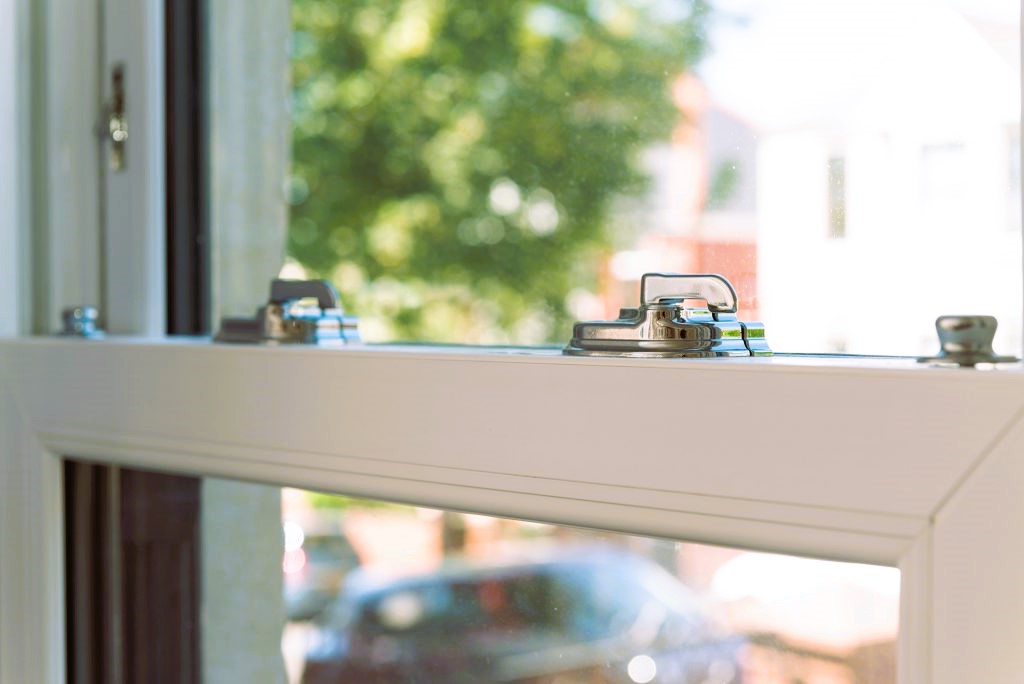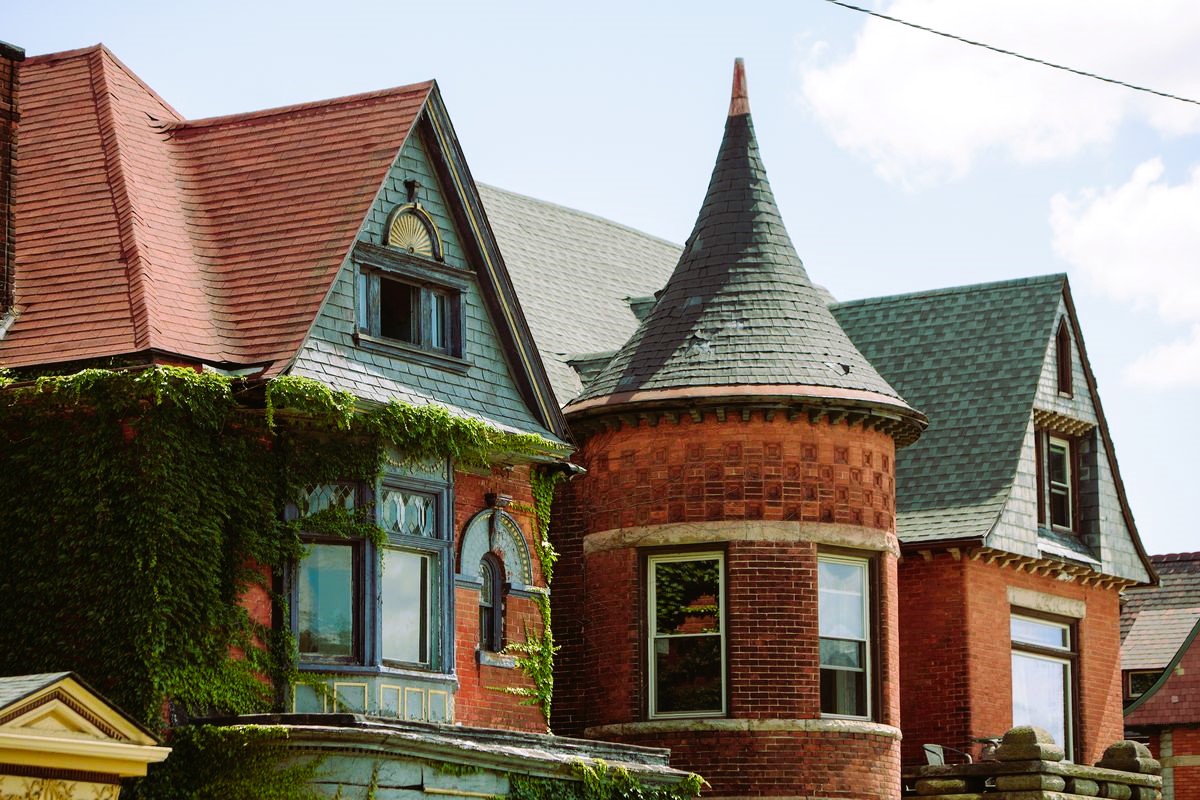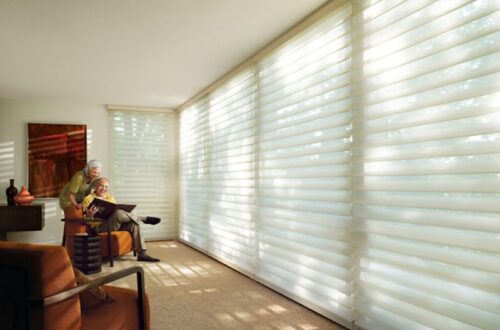Upgrading windows is a significant investment that not only enhances the aesthetic appeal of your home but also contributes to energy efficiency and overall comfort. However, it’s crucial to approach window replacements with an understanding of local building codes and standards to ensure compliance with regulations. This article provides comprehensive guidelines on how to ensure code compliance in your window upgrade, emphasizing the importance of safety, energy efficiency, and adherence to legal requirements.
Understanding Local Building Codes
Local building codes are regulations set by municipal or regional authorities to govern the design, construction, and maintenance of buildings. These codes are in place to ensure the safety of occupants, promote energy efficiency, and maintain a uniform standard of construction within a community. When upgrading your windows, it’s essential to be aware of and adhere to these codes to avoid legal complications and ensure the longevity of your investment.
Key Considerations for Code-Compliant Window Replacements
- Permitting Process: Before commencing any window replacement project, check with your local building department to determine if a permit is required. In many jurisdictions, window replacements, especially those involving structural changes, may necessitate a permit. Failing to obtain the required permits can result in fines and complications during property transactions.
- Energy Efficiency Standards: Many regions have specific energy efficiency requirements for windows. Look for windows that meet or exceed these standards to improve your home’s energy performance. Energy-efficient windows not only contribute to environmental sustainability but also often qualify for rebates and incentives.
- Safety Glazing Requirements: Building codes often mandate the use of safety glazing materials in certain locations, such as doors and windows close to the floor. Ensure that the glass used in your windows complies with safety glazing standards to prevent potential injuries and accidents.
- Egress Requirements: Windows in bedrooms and basement living spaces are typically subject to egress requirements. These regulations ensure that occupants can safely exit the building in case of an emergency. Verify the specific egress requirements applicable to your region and ensure that your new windows comply.
- Window Sizing and Placement: Building codes may specify the minimum size and placement of windows in habitable rooms to ensure adequate natural light and ventilation. Be mindful of these requirements when selecting and installing new windows, particularly in bedrooms, kitchens, and living spaces.
- Fire Resistance and Escape Routes: In certain situations, such as in multi-story buildings, fire resistance standards may dictate the type of windows allowed. Additionally, codes may outline escape route requirements, ensuring that windows provide a viable means of exit in case of fire or other emergencies.
Benefits of Code-Compliant Window Upgrades
- Safety Assurance: Code-compliant windows contribute to the overall safety of your home. Meeting safety glazing, egress, and fire resistance standards ensures that your windows are designed to protect occupants in various scenarios.
- Energy Efficiency and Cost Savings: Adhering to energy efficiency standards not only helps the environment but also results in long-term cost savings. Energy-efficient windows contribute to reduced heating and cooling expenses, making your home more sustainable and economical.
- Compliance with Home Insurance Requirements: Home insurance policies may have specific requirements related to the safety and security features of your property. Ensuring code compliance in your window upgrades helps you meet these requirements, potentially lowering your insurance premiums.
- Increased Property Value: Code-compliant upgrades enhance the overall quality and value of your property. When it comes time to sell, having windows that meet or exceed local building codes can make your home more appealing to potential buyers.

Navigating the Window Upgrade Process
- Research Local Building Codes: Familiarize yourself with the specific building codes and regulations applicable to your location. Local building departments or government websites, such as Canada.ca, are valuable resources for obtaining this information.
- Consult with Professionals: Engage with professionals, such as architects or contractors, who are familiar with local building codes. Their expertise can guide you in selecting appropriate windows and designing installations that meet or exceed regulatory requirements.
- Obtain Necessary Permits: Check with your local building department to determine if a permit is required for your window replacement project. If necessary, obtain the required permits before starting any work. This ensures that your project is officially documented and complies with legal requirements. Read on to explore rebates for Canadians that improve indoor air quality.
- Choose Code-Compliant Windows: Work with reputable window manufacturers and suppliers to ensure that the windows you choose meet or exceed local building codes. Look for products that come with certifications indicating compliance with energy efficiency and safety standards.
- Professional Installation: Hire experienced and licensed contractors for the installation of your new windows. Professional installers are familiar with local codes and can ensure that the installation process aligns with safety and structural requirements.
Conclusion
Ensuring code compliance in your window upgrade is not just a legal requirement; it is a fundamental aspect of responsible homeownership. By aligning your window replacement project with local building codes, you contribute to the safety, energy efficiency, and overall integrity of your home.
To explore more about building standards and regulations in Canada, you can refer to the official website of the Standards Council of Canada (SCC): Standards Council of Canada.
In conclusion, a well-informed and code-compliant window upgrade not only enhances the functionality and aesthetics of your home but also contributes to the broader goals of safety, energy efficiency, and adherence to community standards.





